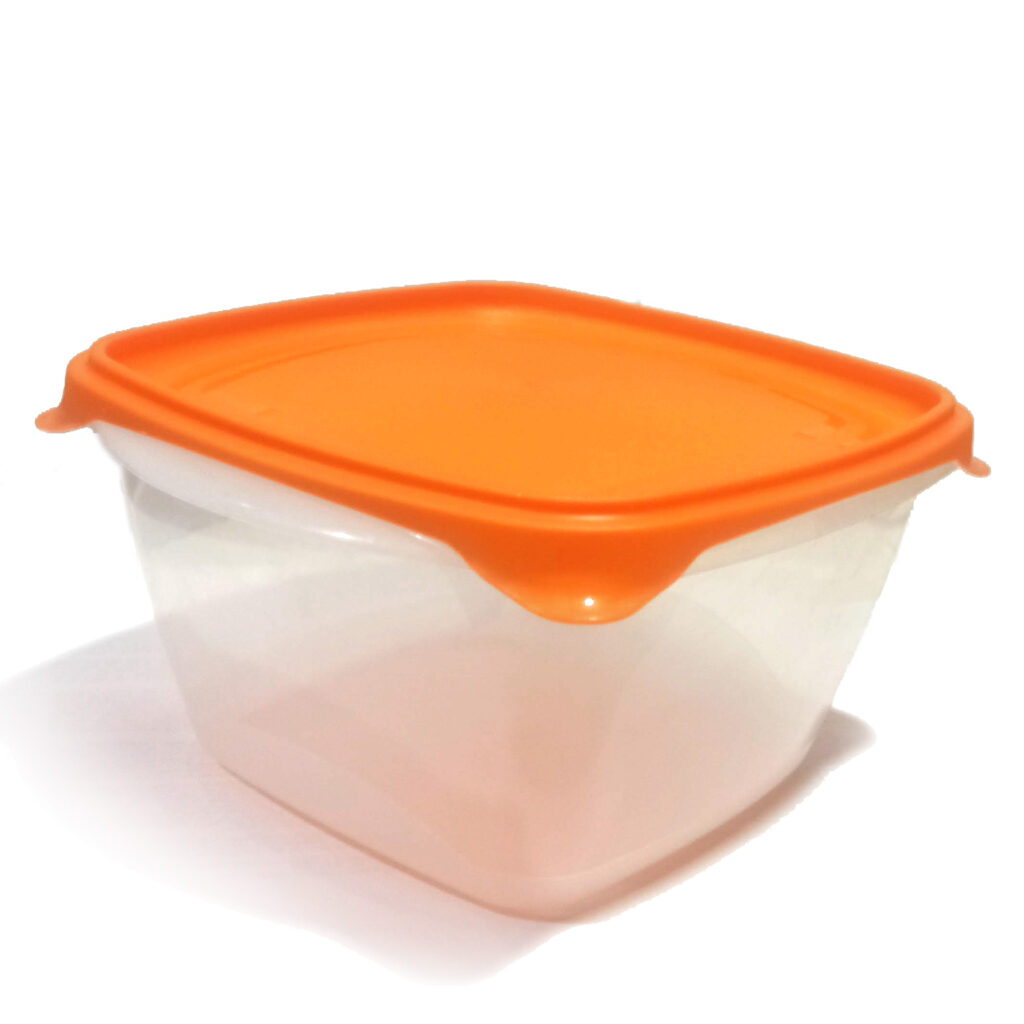MANILA – Tupperware Brands Inc., the maker of food storage containers that was once a part of every Filipino’s life has filed for Chapter 11 bankruptcy protection in the United States, removing any doubt of downfall for a brand that once defined household storage solutions around the world.
Known for its durable plastic containers and the legendary “Tupperware Parties” that became a social event, the company has faced declining sales in recent years. Last year, it already raised concerns about its ability to continue operations due to its worsening financial situation.

In a statement on Tuesday, the company said it would seek court approval to keep operating during the bankruptcy proceedings, while also exploring a potential sale of the business to safeguard the brand.
Tupperware President and CEO Laurie Ann Goldman acknowledged the tough road ahead. “Over the past several years, our financial position has been severely affected by the challenging macroeconomic environment,” she said. Goldman added that after exploring various options, filing for bankruptcy was the best course of action. The goal is to allow the company the flexibility to pursue new strategies, especially in transforming into a digital-first, technology-driven brand.
Tupperware’s story began in 1946, when chemist Earl Tupper, inspired by a need to help families preserve food and save money after the Great Depression, invented the company’s signature airtight containers. These innovative products quickly became household staples, particularly thanks to the rise of the “Tupperware Party” concept, where people would gather in homes to enjoy food and drinks while a Tupperware representative demonstrated the latest products.
Tupperware Heritage
For many Filipinos, Tupperware holds a special place in our hearts, becoming a symbol of family life and practicality.
From lunch boxes to kitchen storage, Tupperware was once a staple in Filipino homes, passed down through generations. School children and office workers from all walks of life enjoyed their homemade lunch in Tupperware products. It’s a brand associated with memories of packed baon (lunch), shared meals, and family gatherings.
Tupperware Consultants or Tupperware Representatives sold the company’s products directly to customers, often through the iconic Tupperware Parties. Thousands of stay-at-home moms helped their families earn extra income as direct sellers and played a key role in the company’s success by creating a personal and community-driven sales experience.
But like many other legacy brands, Tupperware has struggled to keep up with modern consumer habits, especially as more people turn to digital platforms for shopping and cheap, sustainable alternatives for food storage.
Now, as the company navigates this difficult chapter, its focus is on evolving to stay relevant in a rapidly changing world, where technology and e-commerce dominate. Whether Tupperware can make that transition and reclaim its place in homes worldwide remains to be seen, but its legacy as a pioneering brand is undeniable.





